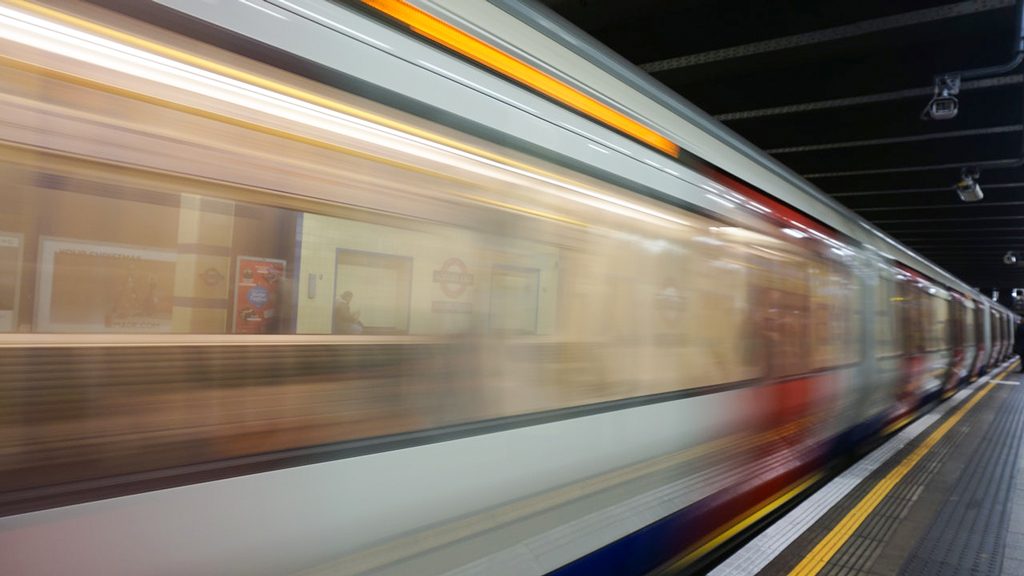The long-awaited, $1.5-billion Hurontario Light Rail Transit (LRT) project that will run through – and connect – Mississauga and Brampton is on track with major construction work expected to start very soon.
On Aug. 26 Metrolinx and Infrastructure Ontario announced Mobilinx as the preferred proponent to design, build, finance, operate and maintain the project.
Members include John Laing, Astaldi, Hitachi, Transdev, Amico Concessions and Salini Impregilo as applicant leads and other firms Amico, Bot, IBI Group, Hitachi, Morrison Hershfield, Arcadis, Daoust Lestage, National Bank and HSBC also participating.
The next stage for the project will be for Mobilinx and the procurement agencies to hammer out final details of the project before financial close is reached and the project cost is announced.
Joe Perrotta, director of Mississauga’s LRT project office, noted that over the last decade Mississauga, along with businesses and residents, have been making “significant plans” in anticipation of the LRT.
“Mississauga continues to work closely with Metrolinx to advance the project,” he said, “including ongoing preparatory construction to move utilities.”
Perrotta said the LRT project office will provide Mississauga council with a more formal update in September.
That update, he said, will include details about some of the changes to the scope of the project that were announced by Metrolinx in March such as removing the Mississauga city centre loop, deferring a pedestrian bridge at the Cooksville GO station, removing a stop at Highway 407, and changing street-scaping.
The changes were announced by the provincial government in an effort to shave costs from the project.
The decision to cut the Mississauga loop reduced the 18-kilometre rapid transit route from 22 to 19 stops.
The corridor has been progressing slowly but surely for several years. A funding commitment for the project was first announced by the Liberal government in 2015.
Although preparatory work had started on the corridor, there was concern that the project would be cancelled by the government of Premier Rob Ford.
The NDP and others tried to get a commitment to the future of the venture, with no luck, and the province refused to refute rumours the corridor might be axed.
Over the last several months, however, the bids moved forward with the last of the three pre-qualified teams submitting their bids on April 18.
Prep work for the LRT began two years ago. A report presented to Mississauga councillors by Geoff Wright, the city’s transportation and works commissioner, indicates that as of spring 22 preparatory construction projects were completed with five in progress. Another 19 are to be completed by spring 2020.
Since 2017, there has been a lot of utility relocation work done along the length of the corridor.
Metrolinx has been sending out information about early works locations, timelines and potential impact through its social media channels. Notices were sent to residents and businesses near the work areas.
There has also been significant community outreach in anticipation of the project.
During the first five months of 2019, community outreach continued to build in the lead up to major construction. In 2018, Metrolinx-led community outreach efforts enabled nearly 8,000 individuals to ask questions and get more information.
Metrolinx has now conducted more than 40 information sessions at office towers, apartment buildings, libraries, community centres and transit facilities and held 20 open houses or corridor committee meetings, which are held quarterly with stakeholders in each of the four wards along the corridor.
Metrolinx is also opening Hurontario LRT community offices in Mississauga and Brampton for the duration of the project. The Mississauga office will be staffed by Metrolinx community relations team members.
In preparation for the major work, staff have also been busy acquiring strips of property that are needed to make way for the corridor. Currently, there are about 135 privately-owned strips of property along the corridor that need to be purchased and 65 parcels of government-owned land that need to be acquired for road-widening, new sidewalks, multi-use trail, utilities, landscaping and other uses.
Possession of most of the land is required in early 2020. A number of agreements have been achieved with owners, however Infrastructure Ontario notes that in order to ensure project timelines are met it has been necessary to initiate expropriation proceedings against owners of properties where amicable agreements couldn’t be achieved. Such proceedings can take approximately 12 to 14 months to be concluded.
Hurontario LRT staff also began working in spring 2018 to ensure the LRT route was clear of encroachments by reaching out to property owners and tenants to give them an opportunity to collect items on city property, ranging from signs to planters and other items without enforcing the city’s by-law.
More than 110 encroachments were identified by staff. Infrastructure Ontario reports that most property owners and tenants were co-operative and removed encroachments by the end of 2018.
However, enforcement did issue subsequent notices to some property owners with a May 2019 deadline. By that date, 15 encroachments remained, including signs, walkways, benches, and concrete barriers.






I understand the interest for an LRT prior to efforts the likes of Tesla. Now knowing that Tesla intends to monopolize the streets with A.I. vehicles and introduce Robotaxi which will make the LRT obsolete, should taxpayers money be wasted on a LRT project?